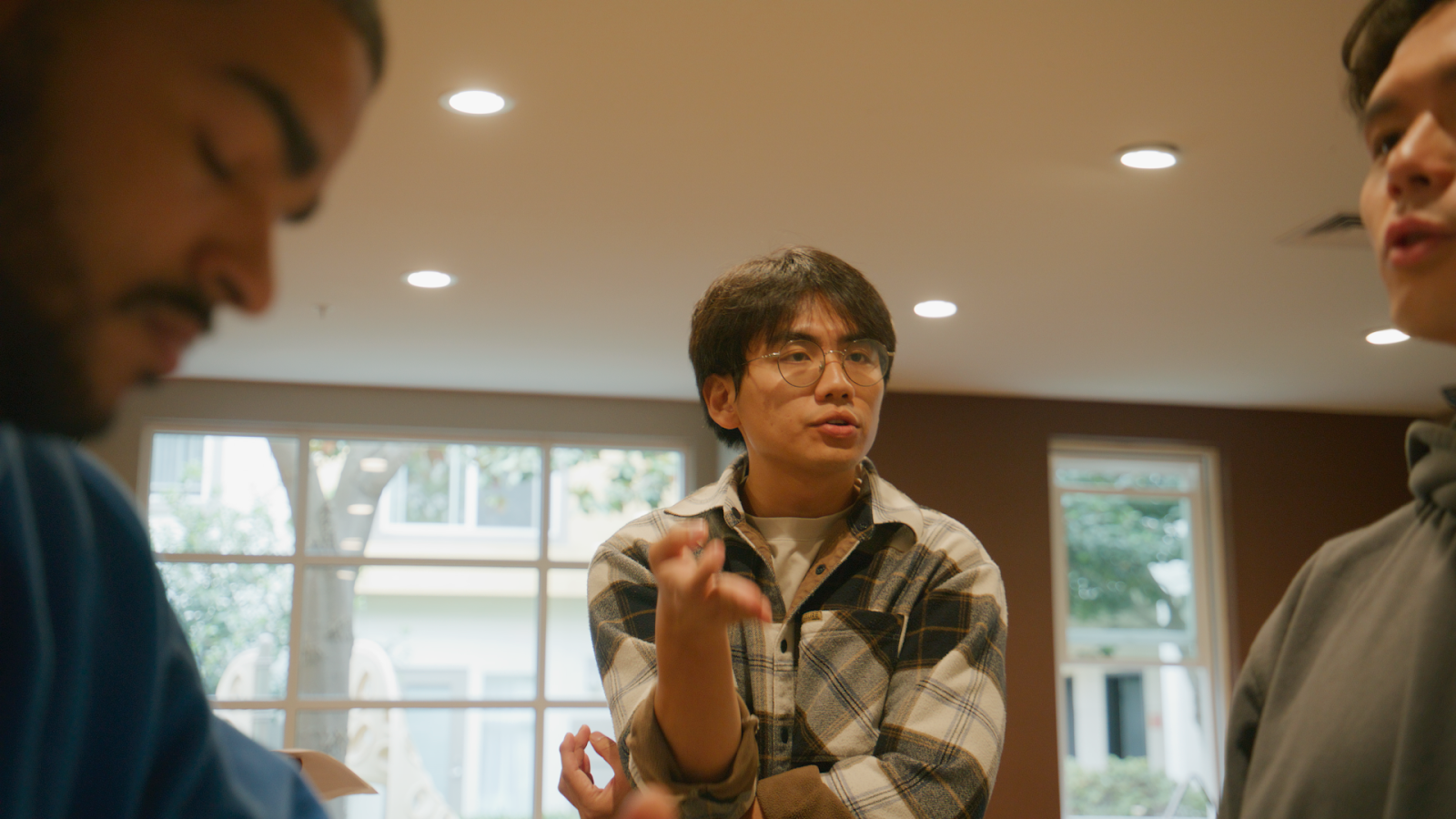Back in March Tom Hanks and his wife Rita Wilson contracted COVID-19 and spent weeks quarantining in Australia before they could safely return to the world.
Now, Tom Hanks has returned to Australia to continue filming Elvis, Baz Luhrmann’s Elvis Presley biopic scheduled for release next year. But before Hanks can return to set and resume his role as Elvis’s manager—Colonel Tom Parker—he is required by Australia’s COVID measures to complete another two-week quarantine in the Gold Coast Hotel in Queensland.
Granted, Hanks and his wife managed to make the best of their last quarantine, so he should be able to handle two weeks of isolation without having any traumatic flashbacks to those four years he spent stranded on a desert island (Hey Google, can extended periods of isolation lead Internet writers to lose their grip on reality?). But the question remains, is the whole process really necessary?
After all, Hanks already had the coronavirus, and his body successfully fought it off, so what’s the risk? Shouldn’t he have the antibodies that make him immune anyway? Unfortunately, in the words of Cousin Greg, “We’re not entirely sure, what it actually means (for getting it again!)”
Tom Hanks And Rita Wilson Suffered Completely Different Covid-19 Symptomswww.youtube.com
With such a new virus, it’s impossible to predict the long-term effects. Studies have already shown that antibody counts can decline rapidly after a person recovers. That doesn’t definitively mean that those people will be vulnerable to re-infection. It’s possible that even undetectable levels of the antibodies could be enough for the immune system to mount a rapid defense against re-exposure… Or not.
We don’t really know either how potent a defense the antibodies provide, or how long that defense will last. We also don’t know whether a person with the antibodies poses a significant threat of spreading the virus if reexposed.
Sure, your body might kick into defense mode within hours of exposure, and maybe that protects you from developing any symptoms, but how long does it take for your immune system to fully wipe out the virus, and how much are you “shedding” in the meantime?
Further complicating the matter is the rapid way in which viruses can mutate. That’s why there’s a new flu vaccine every year, and why they’re far from 100% effective. Maybe you’re protected from one strain, but you end up getting exposed to another, and it’s different enough that the vaccine is little help—though it may reduce the severity of your symptoms.
In the case of a global pandemic, the virus replicates countless times within hundreds of millions of people, giving it ample opportunity to mutate, adapt, and become something existing antibodies may not recognize. The more we work to contain the spread, the less risk those mutations represent.
Unfortunately, we haven’t been doing a great job of that so far, and already there has been at least two cases—in Hong Kong and in Nevada—of people being reinfected with a second strain of the virus. In the Nevada case, the symptoms were severe.
With all these factors to consider, it’s looking increasingly likely that hopes of “herd immunity” and of super-powered immunity provided by the antibodies were oversold. Sadly, even the promise of a vaccine fully releasing us from COVID’s grip is beginning to look questionable.
The good news is that we already know how to fight the spread. Wearing a mask, washing your hands, disinfecting surfaces, and avoiding crowds—especially indoors—are all effective measures. We should all be fairly used to the basics by now, and in many places around the world they have been gloriously successful at minimizing or eliminating COVID’s spread.
We know how to fight it. So we can’t stop fighting. The fact that you’ve already recovered from exposure to COVID-19 doesn’t mean you can suddenly move through the world without a mask or a care, like the innocent child you were back in 2019.
And it doesn’t mean that Australia should let you go shoot your movie without taking the most basic precautions—sorry, Tom.
From Your Site Articles
Related Articles Around the Web














